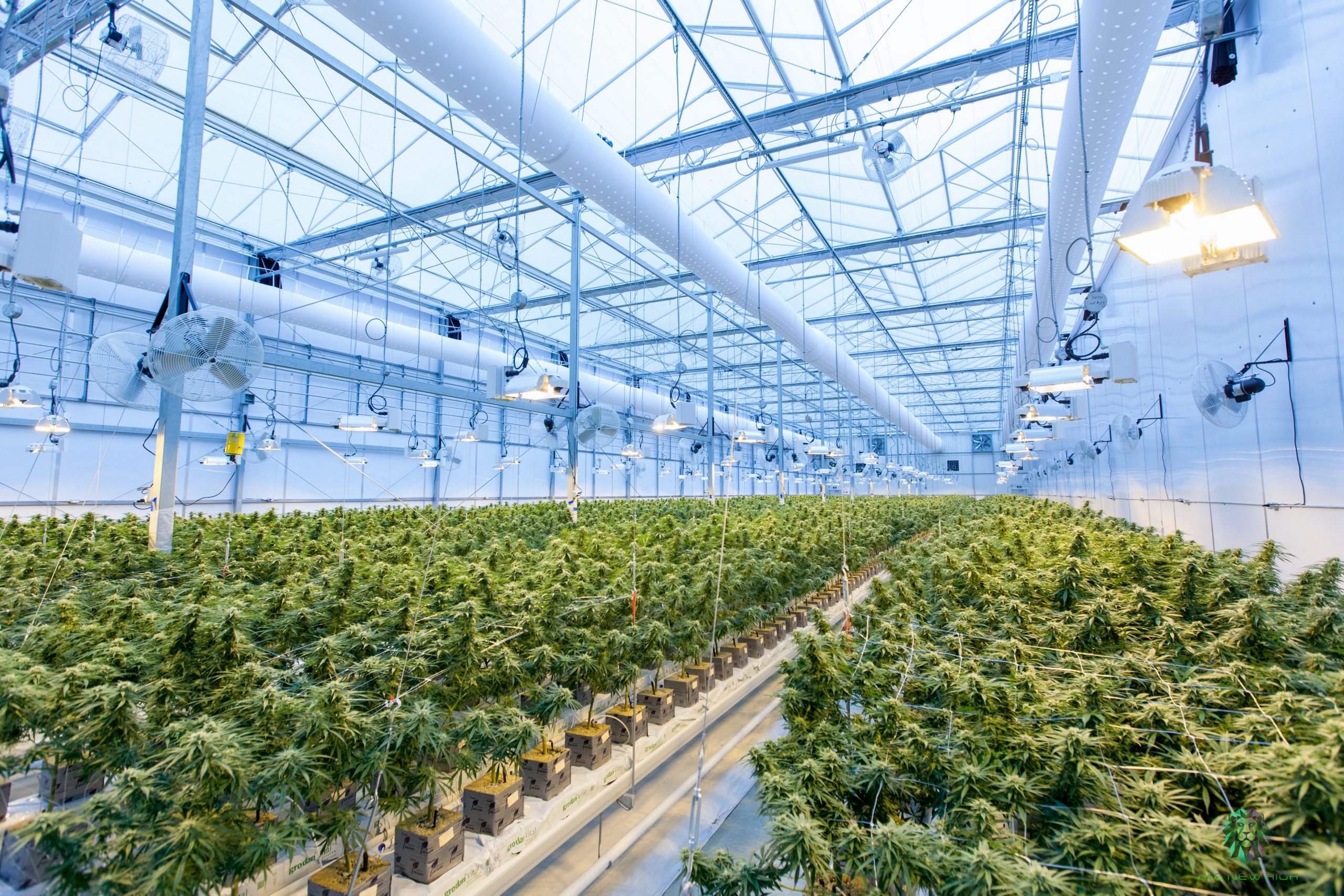Medical cannabis – “Made in Germany”
On 7th July 2021, the German Federal Institute for Drugs and Medical Devices (Bundesinstitut für Arzneimittel und Medizinprodukte – BfArM) launched the first sale of cannabis exclusively for medical purposes from cultivation in Germany. Pharmacies are now able to purchase medical cannabis flowers of pharmaceutical drug quality for the supply of patients from the BfArM via the official portal of the German Cannabis Agency (www.cannabisagentur.de).
by Peter Homberg, Chairman of the Board, European Cannabis Association
Following a tendering procedure, the Cannabis Agency contracted three companies (Aphria RX GmbH, Aurora Productions GmbH and Demecan GmbH) to cultivate cannabis flowers in a quanity of 10,400 kg over four years with 2,600 kg each year and another company (Cansativa GmbH) to distribute the products on behalf of the Cannabis Agency. The tender included the option of possible additional production. Thus, the contract allows increases in production volumes and delivery of a maximum of 150 percent of the annual plan requirement. It is stated in industry circles that the quantities have already been adjusted upward.
The first deliveries of cannabis flowers from German cultivation were initially scheduled for the end of 2020. Due to the COVID-19 pandemic, as well as other reasons, cultivation was delayed. Thus, it was not until July 2021 that Aphria, so far the only producing company of the three commissioned, delivered cannabis flowers for the first time. Almost 50 kg of cannabis was delivered to pharmacies from the production facility in Neumünster.
As of December 2020, the Cannabis Agency pays cultivating companies an average purchase price of 2.20 EUR per gram whereas the agency’s dispensing price to pharmacies amounts to around 4.30 EUR per gram. The Cannabis Agency itself may not generate any profits. The price only takes into account the personnel and materials costs incurred by BfArM. As of today, it is about half of the usual delivery price to the market.
Should the three companies fullfil the contractually promised harvests one day, this could have a substantial influence on market prices.
In addition to cannabis flowers cultivated and harvested in Germany, im- ports of medical cannabis will still be possible. The imported cannabis must also originate from cultivation for medical purposes under state control in accordance with Articles 23 and 28 para. 1 of the 1961 Single Convention on Narcotic Drugs.
In 2020, nearly 10 tons of medical cannabis flowers were imported from other countries. Should German cultivation be fully exploited, it may account for approximately a quarter of the cannabis flower market. The total annual demand for medical cannabis products in Germany estimated by BfArM and the International Narcotics Control Board (INCB), which is not limited to cannabis flowers, amounts currently to 25 tons for 2021.
It remains to be seen how the market and the prices will develop as a result of new volumes of cannabis flowers grown in Germany. In order to establish clear regulations for the trade of medical cannabis throughout Europe, the European Cannabis Association (ECA) stays in contact with and influences policy makers and regulatory bodies with the aim of achieving ap- propriate framework conditions and offers support in the areas of consulting and development of standards for the production of medicinal cannabis.
Published: European Biotechnology | Autumn Edition | Vol. 20 | 2021
Photo Credit: Richard T | The CBD, Unsplash


